Fiscal Year 2023 Budget Development
Introduction
The Alaska Mental Health Trust Authority’s overall purpose is to help beneficiaries thrive in their communities and avoid long-term institutionalization. One of the duties of the Trust is to develop a budget for Trust spending and recommendations for how the state will fund a comprehensive, integrated mental health program.
This page contains materials intended to inform Trust staff, trustees, and stakeholders in the FY23 budget development process.
As the Trust uses a two year budgeting cycle, in August 2020 trustees adopted a FY22/23 budget. FY23 represents the second year in that two year budget cycle, and trustees will consider revisions to the FY23 budget that was adopted.
Update: In August 2021, trustees approved the revised FY23 budget. View it here.
Budget Documents
Core Budget Documents:
- FY 22/23 Trustee Approved Budget (signed August 2020)
- FY23 Stakeholder Budget Survey Results (May 2021)
- FY22/23 Updated Budget Development Stakeholder Meeting Summary Notes (July 2021)
- FY20 Mental Health Trust Authority Authorized Receipt Grant (Grants to State Agencies) Performance Summary
- FY20 Trust Closed Grant Report
- Other
Comprehensive Mental Health Program Plan
- 2020-2024 Strengthening the System: Alaska’s Comprehensive Integrated Mental Health Program Plan
- 2020 Alaska Scorecard
- Alaska's Comprehensive Integrated Mental Health Plan (DHSS)
Historic Documents:
Resource Documents
Data Scorecards
- 2020 Alaska Scorecard
- Healthy Alaskans 2020 Leading Health Indicators
- Healthy Alaskans 2030 Webpage
- Alaska Medicaid Dashboard, DHSS
Disability Justice
- Trust Beneficiaries in Department of Corrections, 2014
- Review of Alaska Mental Health Statutes, UNLV, 2014
- Police-Mental Health Collaborations, BJA, CSG, 2019
- Alaska Justice information Center – Alaska Results First
- Alaska Judicial Council 2017 report
- Alaska Criminal Justice Commission Annual Report 2018
- Evaluating Housing First Programs in Alaska, May 2017
- Alaska Systems Intercept Model
- Police-Mental Health Collaborations (2019)
- Principles of Community-based Behavioral Health Services for Justice-involved Individuals (SAMSHA, 2019)
- Managing the Seriously Mentally Ill in Corrections (2019)
- DOC Pre-trial division
- Three Pillars of Pretrial Supervision
- Alaska Pretrial Functions Visual
- Pretrial Enforcement Division Update – May 2018
- Alaska Public Safety Action Plan FAQ
- Community Reentry Reinvestment Summary
- A Practitioner's Guide to Criminal Justice Reform
- Fact Sheet: Trends in US Corrections
Mental Health and Addiction Intervention
- The Economic Cost of Drug Misuse in Alaska, 2019 Update
- The Economic Cost of Alcohol Misuse in Alaska, 2019 Update
- Summary of Economic Costs of Substance Use Disorders in Alaska, 2019 Update
- DHSS – Alaska Opioid Dashboard
Behavioral Health Crisis Response
- Crisis Now Consultation Report, RI International, December 2019
- White Paper: Transforming Services Is Within Our Reach, 2016 (Crisisnow.com)
- Forensic Psychiatric Hospital Feasibility Study, Phase 2, 2019 (Agnew:: Beck for DHSS, partially funded by the Trust)
- Acute Behavioral Health Improvement Project, 2019 (Agnew::Beck for ASHNA, funded by the Trust)
Home & Community Based Services (HCBS)
- What is HCBS?
- Cost Comparison: LTSS and HCBS
- HCBS in Alaska (DHSS, SDS)
- Finding HCBS in Alaska (DHSS)
- Strengthening LTSS (CHCS)
- Developmental Disabilities Shared Vision
- Alaska State Plan for Brain Injury, FY21-25 (TABI Advisory Council)
- A Call for Action: AK's 10 Year Map to address Alzheimer's disease and related dementia
Homelessness & Housing
- AHFC Statewide Homeless Housing Office
- Anchored Home: Anchorage’s Strategic Plan to Solve Homelessness: 2018-2021
- Permanent Supportive Housing (Center for Evidence-based Solutions to Homelessness)
- Permanent Supported Housing Study, Juneau Housing First Six Month Pre/Post Service Usage and Indicators of Wellbeing Comparison (UAF, UAS)
- Evaluating Housing First Programs in Anchorage and Fairbanks, Alaska (ICHS)
- Rapid Rehousing (Center for Evidence-based Solutions to Homelessness)
- Supportive Housing & Healthcare Utilization Outcomes State of the Literature (CSH)
Beneficiary Employment & Engagement
- Alaska Mental Health Trust Authority Beneficiary Employment Policy Review, 2014 (University of Massachusetts Boston)
- Alaska: Annual Disability Status Report 2017 (Cornell University Yang-Tan Institute on Employment and Disability, 2019)
- 2018 Employment Learning Lab and National Governor's Association Recommendations for Alaska
- Road to Recovery: Employment and Mental Illness (NAMI, 2014)
- Recovery Support Tools and Resources: Peer Workers (SAMHSA, 2019)
- Microenterprise Policy & Procedures Manual (UAA, 2015)
- Alaska DVR: 2020 Comprehensive Statewide Needs Assessment (Alaska Department of Labor, 2020)
- APSE Employment First Self Advocates Statement (2019)
- What is the IPS Model? (IPS Employment Center)
Early Childhood Prevention & Intervention
- Investing in Prevention: Working Together in Early Childhood for Healthy Alaskan Children, Families, and Communities, 2015 (State of Alaska)
- Project LAUNCH Framework (SAMHSA)
- Alaska Longitudinal Child Abuse and Neglect Linkage Project (ALCANLink, 2019)
- The Heckman Equation: The Economics of Human Potential (Heckman, 2020)
- Early Intervention: A Critical Support for Infants, Toddlers, and Families (Zero to Three, 2017)
- The Importance of Early Intervention for Infants and Toddlers with Disabilities (National Early Childhood Technical Assistance Center, 2011)
Workforce Development
- The Alaska Health Workforce Coalition 2017-2021 Action Agenda
- Alaska Economic Trends, October 2018
- Alaska’s SHARP Program (DHSS)
- Health TIE (Testbed for Innovative Enterprises)
- Mat-Su Workforce Development Assessment and Plan
- National Academy for State Health Policy, Case Study: How Alaska Addresses Its Health Care Workforce Challenges
- NCI Staff Stability Report, Alaska, 2018
You can find more resources associated with our focus areas here.

